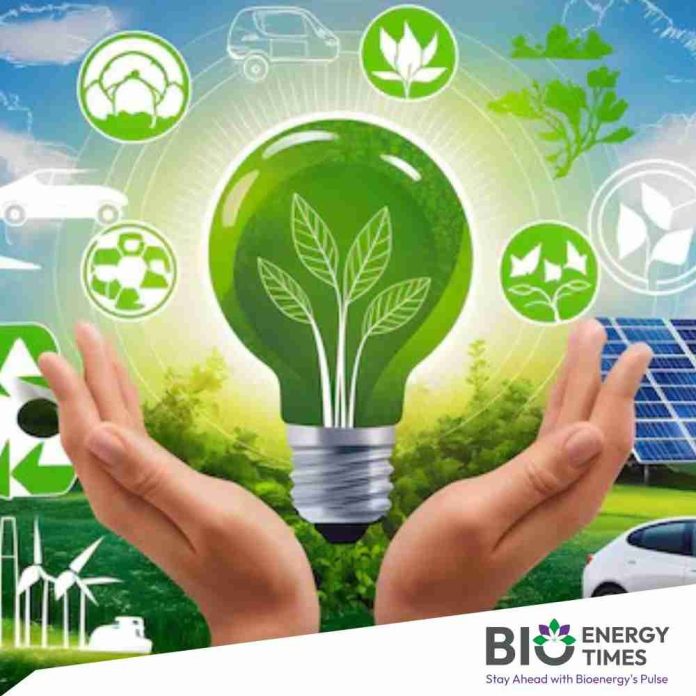In a significant step towards strengthening India’s renewable energy sector, the Cabinet Committee on Economic Affairs (CCEA), chaired by Prime Minister Narendra Modi, has approved increased financial autonomy for Maharatna company NTPC. The move will allow NTPC to invest up to ₹20,000 crore in renewable energy projects, up from the current limit of ₹7,500 crore, as part of its goal to achieve 60 GW of renewable capacity by 2032.
The enhanced authority also extends to NTPC’s renewable energy arm, NTPC Green Energy Limited (NGEL), enabling faster execution of clean energy projects across the country. This decision is expected to play a key role in strengthening the nation’s power infrastructure and supporting the delivery of uninterrupted and reliable electricity to consumers nationwide.
In addition to environmental benefits, the expansion of renewable energy initiatives is set to generate both direct and indirect employment, particularly during the construction, operation, and maintenance phases. The initiative is also likely to support local suppliers, micro, small and medium enterprises (MSMEs), and foster entrepreneurship, contributing to broader socio-economic development.
According to an official release, “This step will provide a boost to local industries and enterprises while also promoting job creation and inclusive growth.”
India has made notable progress in its clean energy transition, having achieved 50% of its installed electricity capacity from non-fossil fuel sources—five years ahead of its target set under the Nationally Determined Contributions (NDCs) to the Paris Agreement. The country now aims to scale up this capacity to 500 GW by 2030.
As a leading Central Public Sector Enterprise and the country’s primary power utility, NTPC’s planned addition of 60 GW in renewable energy capacity aligns with India’s larger goal of achieving net-zero emissions by 2070.
NGEL, NTPC’s listed subsidiary dedicated to renewable energy, is leading this expansion through both organic and inorganic growth strategies. Organic growth is being pursued primarily through its wholly-owned unit, NTPC Renewable Energy Limited (NREL). NGEL has also entered into strategic partnerships with various state governments and public sector units for project development.
Currently, NGEL manages a portfolio of 32 GW in renewable capacity, including 6 GW of operational projects, 17 GW under contract or awarded, and a 9 GW pipeline.
India reaffirmed its clean energy ambitions at COP26 in 2021, announcing the “Panchamrit” pledge. The commitments include reaching 500 GW of non-fossil energy capacity, meeting 50% of energy needs from renewables, cutting emissions by 1 billion tonnes by 2030, reducing emissions intensity of GDP by 45%, and achieving net-zero emissions by 2070.















